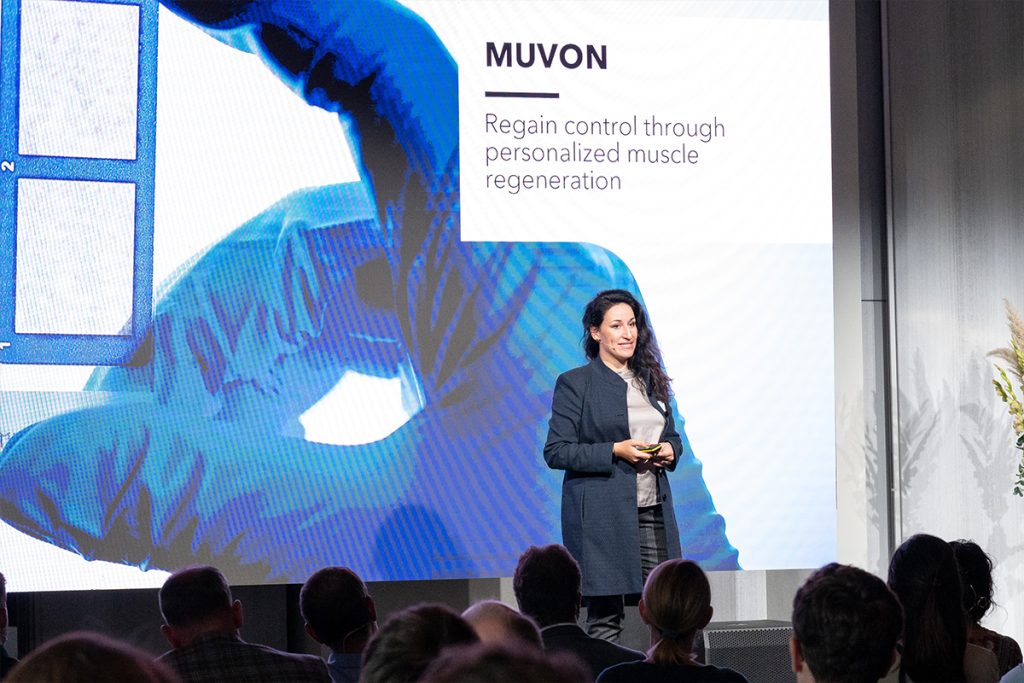Can You Control How Long You Live?
When Dr. Nir Barzilai met Helen Reichert, a 100-year-old woman, she was smoking a cigarette. Dr. Barzilai, the director of the Institute for Aging Research at the Albert Einstein College of Medicine, remembered her dry humor: while doctors had repeatedly advised her to quit smoking, they had all passed away, and she hadn’t. Mrs. Reichert lived almost another decade, defying conventional wisdom about health habits. Stories like hers raise an intriguing question: how much of our lifespan depends on choices versus genetics?
Research consistently shows that most of us can control how long we live—to a point. While reaching 80 or 90 often reflects healthy habits, becoming a centenarian may require winning the genetic lottery.
The Impact of Lifestyle Choices
Studies confirm that lifestyle plays a dominant role in extending life up to the age of 90. Dr. Sofiya Milman, a professor of medicine and genetics, points out that adopting habits like eating well, exercising, managing stress, and avoiding harmful substances significantly impacts longevity.
For example, a study of over 276,000 U.S. veterans revealed that following eight healthy behaviors—including good sleep, strong relationships, and avoiding smoking or excessive drinking—can add up to 24 years to one’s life. People adhering to these habits were projected to live to about 87 years, well above the average U.S. life expectancy. However, even this level of dedication likely won’t guarantee a lifespan of 100 years.
The Genetic X-Factor
As people age beyond 90, genetics begin to play a more decisive role. Scientists estimate that 75% of lifespan is determined by environment and lifestyle for most people, but this flips for those who reach 100 or older. According to Dr. Thomas Perls of Boston University, genetics are critical for such exceptional longevity.
Genes like APOE2, which reduces the risk of Alzheimer’s, and FOXO3, which supports cellular health, often appear in centenarians. These rare genetic variants help protect against multiple age-related diseases, allowing some individuals to maintain their health despite unhealthy habits. For instance, research comparing centenarian offspring with control groups found that the former had lower rates of cardiovascular disease, even with less healthy lifestyles.
Genetics: Winning the Genetic Lottery
The genes linked to extreme longevity are incredibly rare, appearing in fewer than 1% of the population. This rarity mirrors the tiny percentage of people who live to 100. Dr. Perls compares having such genes to winning a lottery, emphasizing that most people can’t rely on them.
Even if a parent or grandparent lived to 100, healthy habits remain essential. For the majority of people, longevity heavily depends on lifestyle choices. Dr. Barzilai warns against taking health advice from centenarians, as their unique genetics often make lifestyle irrelevant for them—a luxury the rest of us don’t share.
Longevity: Key Takeaways
Longevity is a mix of lifestyle and genetics. While most of us can extend our lives through healthy habits, reaching 100 often requires a genetic edge. Still, adopting positive behaviors is essential for maximizing lifespan and quality of life, regardless of genetic predisposition.






